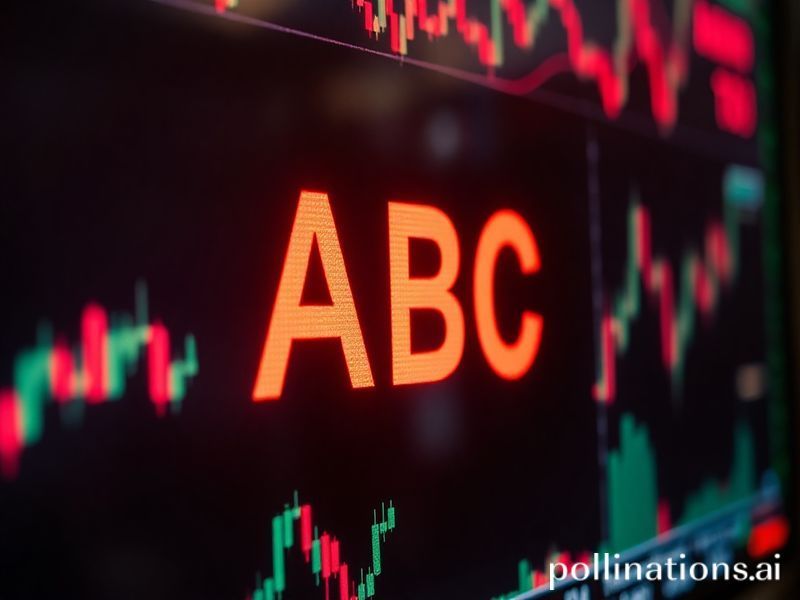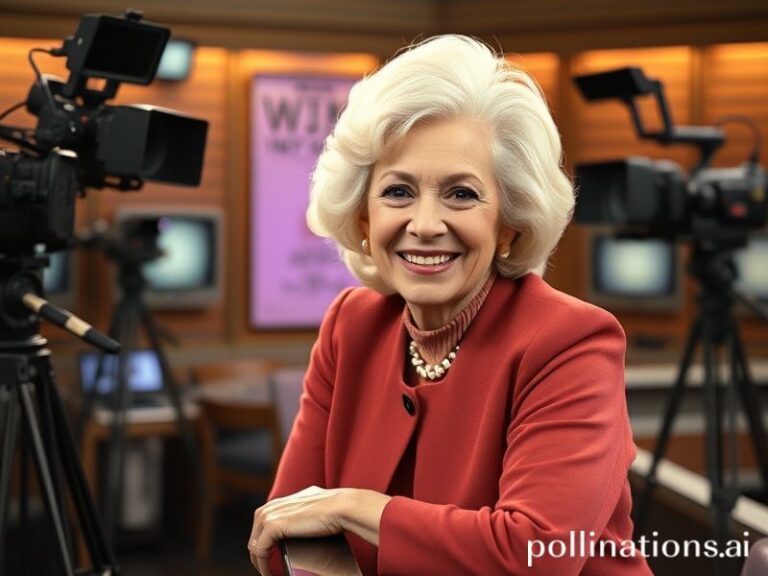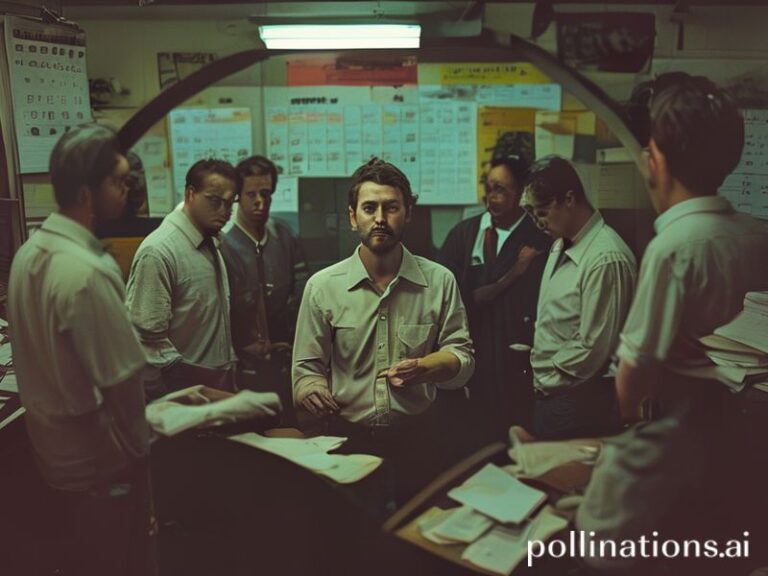abtc stock
ABTC Stock: From a Quiet Nevada Lab to the World’s Lithium Chessboard
By Dave’s Locker International Desk
When American Battery Technology Company (ABTC) closed Monday at US $1.47—up 38 % in five sessions—day-traders in New York saw a meme revival. Half a world away, however, the ripple was felt on three continents where governments are quietly re-writing the rules of energy security. ABTC, once an obscure lithium recycler tucked in the Nevada desert, has become a pawn—and occasionally a rook—in the global scramble to decouple battery supply chains from China.
The numbers look modest: a US $250 million market-cap company that still posts quarterly losses. Yet in Brussels, the stock ticker is being monitored by officials drafting the EU’s Critical Raw Materials Act. In Jakarta, Indonesian nickel barons are calculating whether ABTC’s closed-loop recycling IP could undercut their new refineries. And in Pretoria, South African mining houses wonder if a 20 % U.S. tariff on Chinese graphite anodes will steer Tesla and Panasonic toward ABTC’s purified graphite pilot line by 2025.
The catalyst was buried in a single paragraph of the U.S. Inflation Reduction Act. Starting next year, electric-vehicle tax credits will require that 60 % of a battery’s critical minerals be extracted or processed in a U.S.-allied country. ABTC owns one of the only U.S. plants that can recycle black mass (shredded battery waste) back into battery-grade nickel sulfate and lithium carbonate. That suddenly makes its pilot plant in Fernley, Nevada, geopolitically strategic.
China, which refines 68 % of the world’s lithium hydroxide, has dismissed the IRA as “market distortion.” But Beijing’s own stock-watchers are not laughing. In Shenzhen, brokerage reports now flag “ABTC risk,” warning that recycled feedstock could shave 5 % off Chinese lithium demand by 2030. Meanwhile CATL, the world’s largest battery maker, is accelerating plans to build recycling plants in Europe—partly, analysts say, to pre-empt ABTC’s model.
Europe’s urgency is even starker. The continent currently exports 200,000 tonnes of spent batteries to Asia every year, a flow the EU wants to stop by 2027. Last month, ABTC signed a non-binding memorandum with Belgian recycler Umicore to co-develop a closed-loop cathode plant in Poland. The deal is small—US $30 million at most—but it signals intent: Brussels would rather subsidize a U.S. partner than deepen reliance on Chinese giants like Ganfeng Lithium.
Emerging markets are watching from both sides of the divide. Chile, which holds 52 % of global lithium reserves, fears that widespread recycling could cap long-term prices. Its state miner, SQM, has already slashed 2025 expansion plans by 10 %. Conversely, Australia—home to hard-rock spodumene mines—sees ABTC’s approach as complementary; recycling can meet incremental demand while new mines ramp. BHP’s chief commercial officer told investors in Perth last week that “recycling is not our enemy; it’s our buffer.”
Currency traders have joined the fray. The Australian dollar and Chilean peso now show mild inverse correlation with spikes in ABTC volume, according to Nomura’s FX desk. “It’s a proxy trade,” says strategist Craig Chan. “When ABTC pumps, the market bets on less fresh lithium demand, and the peso slips.”
Critics argue that ABTC’s technology is still pre-commercial: its Fernley plant has yet to prove it can scale beyond 20,000 tonnes per year. Short-seller Iceberg Research published a note Tuesday alleging the company’s recovery rates are “overstated by at least 15 %.” ABTC responded with a Twitter thread showing third-party assay certificates; the stock dipped 9 % then rebounded, a volatility pattern that has become its trademark.
Still, the macro story is bigger than any single balance sheet. The International Energy Agency forecasts that by 2040, recycled metals could supply 45 % of cobalt, 20 % of lithium, and 65 % of nickel for new EV batteries—if companies like ABTC hit scale. That shift would redraw trade balances, slash shipping emissions, and perhaps most importantly, dilute China’s refining dominance from two-thirds to under half.
For now, ABTC remains a small-cap Nevada recycler. But from Berlin’s battery belt to Jakarta’s nickel islands, its ticker is no longer just an equity symbol—it’s a daily referendum on whether the West can build a lithium loop without Beijing. The next earnings call may be routine; the geopolitical read-across will not.







